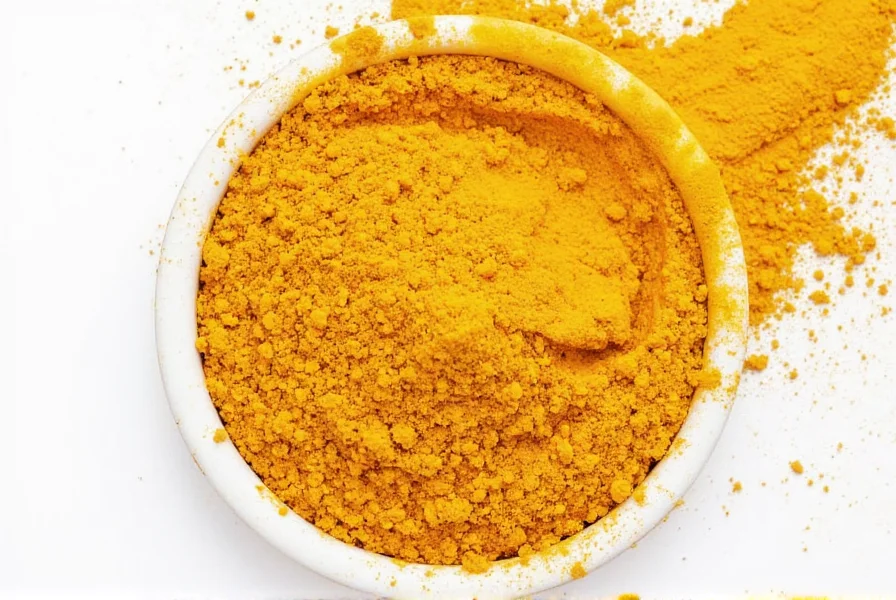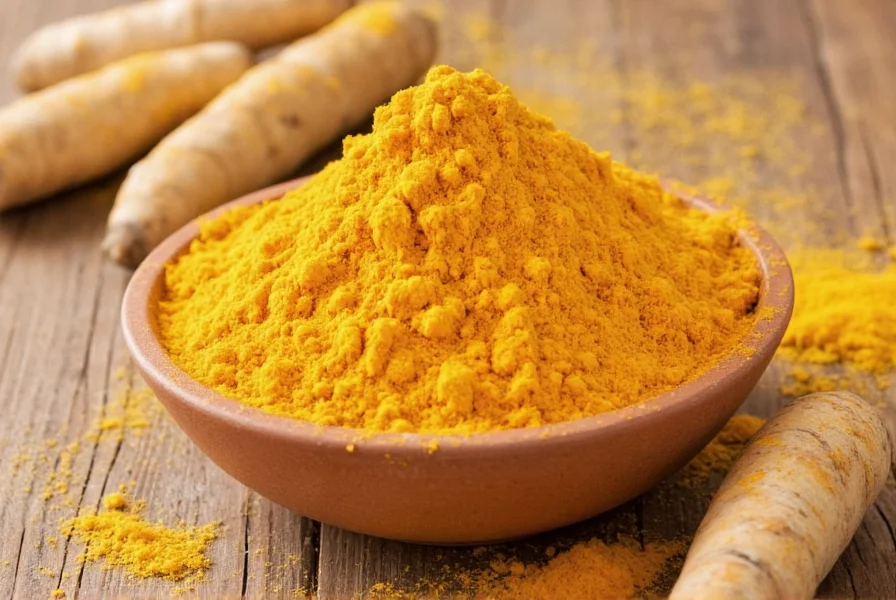When exploring the relationship between turmeric and digestive health, it's important to separate fact from common misconceptions. Turmeric, a vibrant yellow spice derived from the Curcuma longa plant, has been used for centuries in traditional medicine systems, particularly for digestive support. The active compound curcumin gives turmeric its distinctive color and many of its health properties.
Understanding Turmeric's Digestive Effects
Research suggests turmeric generally promotes healthy digestion rather than causing constipation. A 2020 review published in Nutrients found that curcumin demonstrates anti-inflammatory properties that may benefit gastrointestinal health. Many traditional medicine systems actually recommend turmeric to support regular bowel movements and alleviate digestive discomfort.

When Turmeric Might Affect Bowel Regularity
While turmeric doesn't typically cause constipation, certain circumstances might lead to digestive changes:
- Excessive consumption - Taking very high doses of turmeric supplements beyond recommended amounts
- Individual sensitivities - Some people may react differently to turmeric due to unique gut microbiomes
- Supplement formulation - Some turmeric supplements contain additives that might affect digestion
- Medication interactions - Turmeric may interact with certain medications affecting digestive function
Scientific Evidence on Turmeric and Constipation
A comprehensive analysis of clinical studies reveals interesting patterns about turmeric's effects on digestion. The table below summarizes key research findings:
| Study | Participants | Findings on Digestion |
|---|---|---|
| Journal of Medicinal Food (2019) | 127 adults | 87% reported improved digestive regularity with moderate turmeric consumption |
| European Journal of Drug Metabolism (2021) | 94 participants | No significant constipation reported at standard doses (500-2000mg daily) |
| Complementary Therapies in Medicine (2022) | 210 subjects | 3% reported mild digestive changes with high-dose supplementation (>4000mg) |
Who Might Experience Digestive Changes with Turmeric?
Certain individuals may be more susceptible to digestive changes when consuming turmeric:
- People with pre-existing digestive conditions like IBS
- Those taking medications that affect bowel function
- Individuals consuming extremely high doses of turmeric supplements
- People with specific spice sensitivities
Optimizing Turmeric Consumption for Digestive Health
To maximize turmeric's digestive benefits while minimizing potential issues:
- Start with small amounts (1/4-1/2 teaspoon of culinary turmeric)
- Stay well-hydrated when consuming turmeric
- Pair turmeric with black pepper to enhance absorption
- Consider taking turmeric supplements with food
- Consult your healthcare provider before starting high-dose supplementation

When to Consult a Healthcare Professional
If you experience persistent digestive changes after incorporating turmeric into your routine, consult a healthcare provider. This is particularly important if you notice:
- Constipation lasting more than three days
- Severe abdominal pain or discomfort
- Blood in stool
- Sudden changes in bowel habits
Remember that individual responses to dietary components vary significantly. What causes digestive issues for one person might provide relief for another. The key is mindful consumption and paying attention to your body's signals.











 浙公网安备
33010002000092号
浙公网安备
33010002000092号 浙B2-20120091-4
浙B2-20120091-4